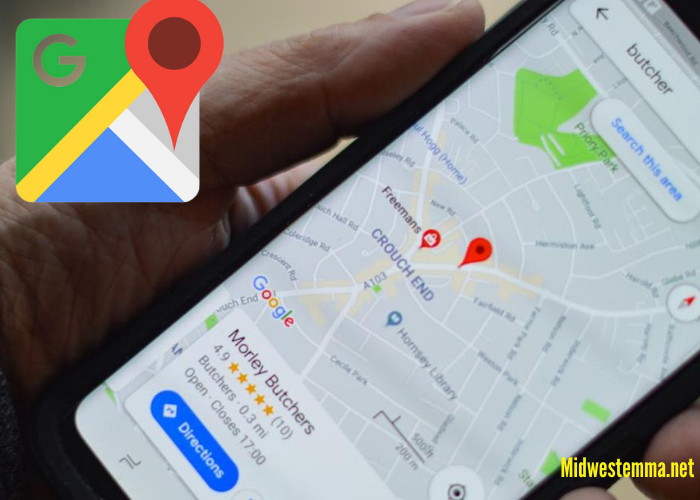In the digital age, our smartphones have become an extension of ourselves, allowing us to connect with people, access information, and even navigate our way through the world. A key feature that enables these capabilities is the ability to determine our current location accurately. This article explores the importance of knowing Lokasi Saya Saat Ini (My Current Location) and how location based services are changing the way we live, work, and play.
Understanding Location Based Services (LBS)
Location-based services, often abbreviated as LBS, are a set of applications and technologies that utilize geographical information to provide users with relevant content and services based on their current location. Whether it’s finding nearby restaurants, getting directions, or receiving real time traffic updates, LBS has transformed our daily lives in countless ways.
The Role of GPS
The Global Positioning System (GPS) plays a central role in enabling location based services. GPS consists of a network of satellites that orbit the Earth and transmit signals to GPS receivers, such as those found in our smartphones. These receivers triangulate signals from multiple satellites to determine our precise location.
Navigational Assistance
One of the most common uses of LBS is navigation. Apps like Google Maps and Waze have become indispensable tools for drivers and pedestrians alike. They provide turn by turn directions, estimate arrival times, and offer alternative routes to avoid traffic congestion. With the help of GPS, we can confidently explore new places or find the quickest route to our destination.
Location Based Advertising
Businesses are increasingly leveraging location based services to reach their target audience more effectively. Through geofencing and geotargeting, advertisers can deliver customized ads to users when they are in proximity to a specific location. For example, a coffee shop can send a special discount offer to potential customers who are passing by.
Social Networking and Check Ins
Social media platforms have integrated location-based features that allow users to share their whereabouts with friends and followers. Apps like Facebook, Instagram, and Foursquare enable users to check in at various locations, providing a social dimension to location sharing. This not only connects people but also serves as a digital record of their experiences.
Emergency Services
In critical situations, knowing your exact location can be a matter of life and death. LBS is instrumental in helping emergency services respond quickly and accurately to distress calls. When you dial emergency services, your location is automatically transmitted, allowing responders to reach you swiftly.
Fitness and Health Tracking
Fitness enthusiasts and health conscious individuals benefit from LBS through apps and wearables that track their physical activities. These devices use GPS to map routes, measure distances, and calculate calories burned, providing valuable data for improving one’s health and fitness.
Privacy and Security Concerns
While the benefits of LBS are undeniable, they come with privacy and security considerations. Sharing our location data with apps and services means entrusting them with sensitive information. It’s crucial to understand how your data is used and take measures to protect your privacy. Always review app permissions and consider adjusting settings to limit location sharing when not necessary.
Future Trends in Location-Based Services
The world of location-based services continues to evolve, driven by advancements in technology and changing consumer needs. Here are some exciting trends to watch.
Augmented Reality (AR)
AR applications overlay digital information on the physical world. Imagine using your smartphone to point at a restaurant and instantly see its menu, reviews, and specials. AR enhanced LBS will provide immersive experiences for users.
Indoor Positioning Systems (IPS)
While GPS is excellent for outdoor navigation, it has limitations indoors. IPS technologies, such as Bluetooth beacons and Wi-Fi positioning, are emerging to provide accurate location data within buildings. This will be valuable for shopping malls, airports, and large venues.
Smart Cities
The concept of smart cities involves integrating LBS with various city services to improve efficiency and quality of life. This could include optimizing traffic flow, monitoring air quality, and managing public resources based on real-time data.
Healthcare and Telemedicine
Location based services are playing a significant role in healthcare by enabling telemedicine and remote patient monitoring. Doctors can track patients’ vital signs and movements, improving the quality of care, especially for the elderly and those with chronic conditions.
Conclusion
Lokasi Saya Saat Ini (My Current Location) is more than just a dot on a ma,; it’s a gateway to a world of possibilities. Location-based services have transformed how we navigate, socialize, shop, and even stay healthy. As technology continues to advance, we can expect even more innovative uses for LBS in our daily lives. However, it’s essential to remain vigilant about our privacy and security as we embrace these exciting developments in location-based services.






